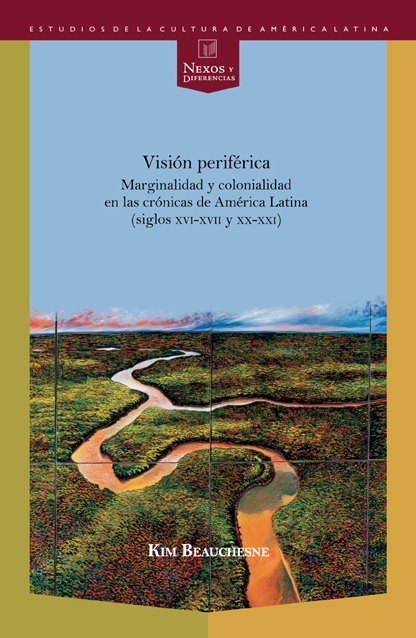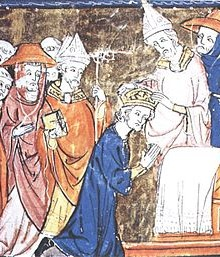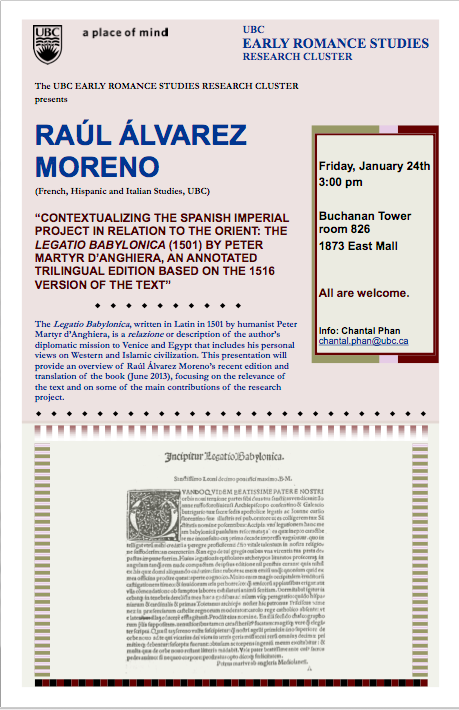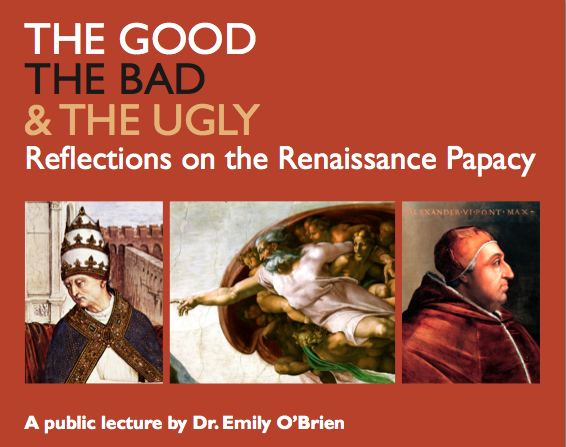UPDATE: CANCELLED
Oecologies Speaker Series
Wednesday, January 29
5:00pm – 6:30pm
Coach House, Green College, 6201 Cecil Green Park Road, UBC (
map)
Louisa Mackenzie (French and Italian Studies, University of Washington),
“Don’t Panic: The Unknowability of Early Modern Nature”
Summary: The use of the word “nature” in this talk’s title deliberately and anachronistically references a post-Romantic ideal of a non-human world absolutely beyond culture, including what we now call wilderness. Contemporary environmental thinking, especially in Anglophone contexts, often holds that experiencing wild(er)ness is restorative, even spiritually enriching. Many scholars have started to question the assumptions and to reveal the privileges that make this ideal thinkable: I will argue that early modern cultures can help us further these critiques. Working with texts from sixteenth-century France, in particular the long “scientific poem” La Savoie by Jacques Peletier which describes the landscapes of this mountainous and often wild part of France, I will show that early modern mentalities considered wildness to be not just frightening but literally unrepresentable by human knowledge systems. Wild areas, like unmitigated contact with the divine, inspired a kind of epistemological panic. This reminds us that the etymology of the word panic, from the Greek πανικός pertaining to Pan the god of wild places, gestures towards the fear inspired by environments devoid of human activity, and perhaps invites us to a more humble appraisal of the limits of our cognition of the non-human.
 Speaker information: Louisa Mackenzie is Associate Professor of French at the University of Washington. Her research focus is primarily on early modern French culture, which she reads through various contemporary critical lenses including ecocriticism and, more recently, animal studies. Her book The Poetry of Place: Lyric, Landscape and Ideology in Renaissance France (University of Toronto Press, 2010) is an interdisciplinary study of how a subjective and affective sense of place was produced by poetry in dialogue with cartography, land use history and other knowledge spheres. She is currently starting a book-length project on animals as “queer bodies of knowledge” in 16th-century France.
Speaker information: Louisa Mackenzie is Associate Professor of French at the University of Washington. Her research focus is primarily on early modern French culture, which she reads through various contemporary critical lenses including ecocriticism and, more recently, animal studies. Her book The Poetry of Place: Lyric, Landscape and Ideology in Renaissance France (University of Toronto Press, 2010) is an interdisciplinary study of how a subjective and affective sense of place was produced by poetry in dialogue with cartography, land use history and other knowledge spheres. She is currently starting a book-length project on animals as “queer bodies of knowledge” in 16th-century France.
Oecologies Speaker Series
The Oecologies Speaker Series gathers scholars from the humanities living and working along the North American Pacific coast to investigate the idea of “oecology,” an older spelling of the modern concept “ecology.” We retain this defamiliarizing spelling because our speakers have been asked to talk about how we might rethink “ecology” through the study of premodern natural history, taxonomy, hierarchy, and categorization. By exploring an array of discourses about “oecology,” our series asks what conceptual or metaphorical resources might help us – as located moderns – reorient our perceptions about the premodern past and our present and future moments. Among other matters, speakers will discuss the relations among terms such as N/nature, landscape, ecology, economy, environment, and technology, and will ask how our regionally and temporally specific conceptions draw / differ from premodern inhabitations of the world.
 The Speaker Series, which is generously sponsored by Green College at the University of British Columbia, takes place approximately once per month. See below for dates and details. Also see the event poster, the Oecologies Calendar, the Green College Calendar of Events, and the Green College Spotlight. Oecologies also holds a reading group in advance of each talk in the Speaker Series. If you are interested in attending, please contact Dr. Robert Rouse. If you have other questions about this series, please contact Carmel Ohman.
The Speaker Series, which is generously sponsored by Green College at the University of British Columbia, takes place approximately once per month. See below for dates and details. Also see the event poster, the Oecologies Calendar, the Green College Calendar of Events, and the Green College Spotlight. Oecologies also holds a reading group in advance of each talk in the Speaker Series. If you are interested in attending, please contact Dr. Robert Rouse. If you have other questions about this series, please contact Carmel Ohman.
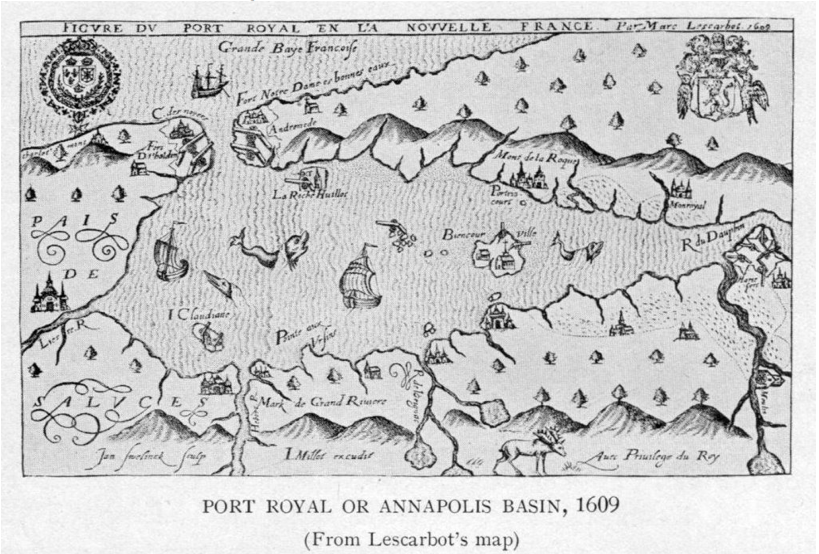
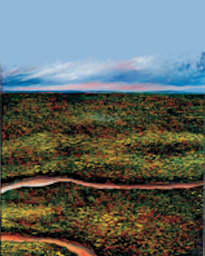 5:00 p.m.
5:00 p.m.